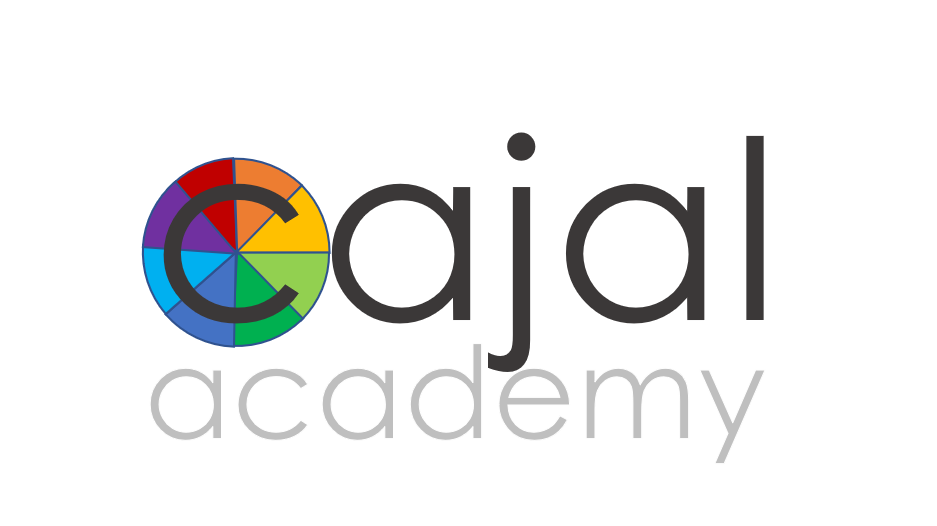Customized coaching & physio supports to help medically-complex kids take charge of being YOU
School is about more than learning to read and write, it’s about learning how to excel as a human. For kids with complex medical profiles or atypical neurological development, this is even more salient—and it requires a higher level of expertise. For students in our Zebra Program, our goal is to develop self-management strategies and educational supports to help each child minimize the impact of their medical conditions on their learning, social and emotional experiences to the extent possible, giving them agency over their life-lived experiences. This is a multi-pronged, comprehensive approach implemented through deep collaboration across our academic and clinical teams, in conjunction with the child’s family and medical experts. Here is a look at the several inter-related pieces and how they fit together.
Strategies & coaching to self-monitor, self-manage & self-advocate for your needs
We’ll work with your child's medical team to understand their diagnosis and how they impact your child’s academic and social-emotional experiences. From this, we develop protocols and supports are integrated to mitigate those effects, by working the science behind them.
As we identify which interventions seem to be the most effective for a given child, we evolve these into personalized strategies that the child can use to self-monitor, self-manage and self advocate for their needs, so that they can thrive independently across a range of mainstream settings and activities. Coaching in how to use these strategies is integrated into every aspect of our program, and all staff members are trained in how to recognize medically-triggered dysregulation and cue their management strategies.
We bring our students’ personalized strategies out of the OT gym and embed them directly into academic instruction itself, through our exclusive, OT-designed “Body-Informed Learning.” This unique pedagogy uses movement, rhythm and games, personalized to each child’s physio profile, to deliver academic content. Bringing these strategies directly into instruction reduces the need to take breaks for re-regulation, leverages the body as a powerful learning modality, and models for our medically-complex students strategies that they can employ themselves to care for their bodies while enhancing their learning, rather than letting their body needs stand in the way.
This kinesthetic pedagogical approach is supported by recent findings in the area of “embodied cognition,” that when we pair learning activities with motor and sensory input, we deepen children’s engagement and retention of the material. This can be particularly powerful for children who have inefficient neurovascular systems, sensory processing disorder, chronic muscle cramping and fatigue and similar medical challenges. For these children, regular and strategically-designed neurovascular stimulation can dramatically increase cognitive availability through increased cerebral blood flow, reduced pain, neurochemical re-regulation and more.
We bring this same expertise into all of our physical education instruction as well. Each morning starts with a “body wakeup” taught by our OT & PT staff, preparing their bodies and minds for the day while integrating instruction in how to read and address variable body needs. Our physio experts also teach our gym class, providing adaptive sports and real-time, expert modifications to manage physio differences and address therapeutic needs. This increases the amount of direct physical and occupational therapy services our students receive, without the social isolation or academic disruption of ‘pull out’ therapeutic services.



